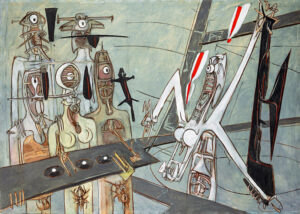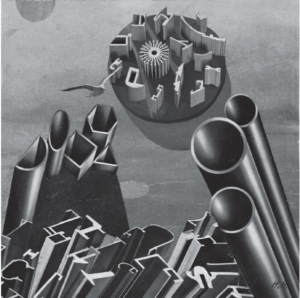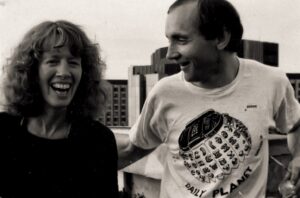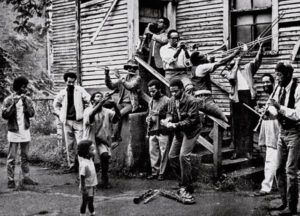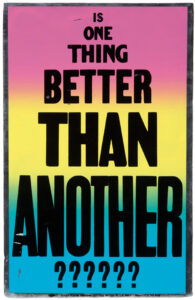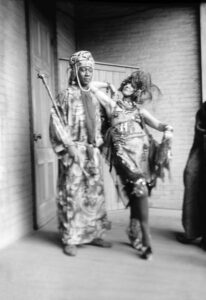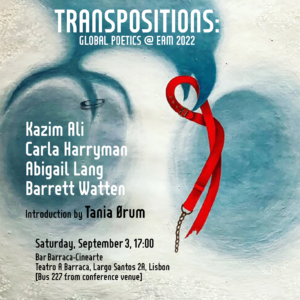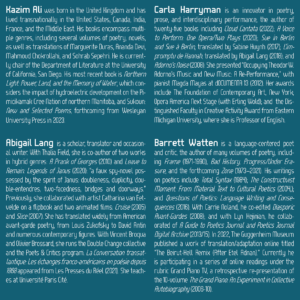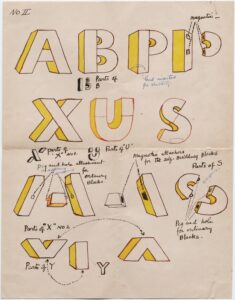Surrealism in Paris
October 2024
Surrealism, as many of us had conceived of it for years, should not be considered as extant except in the a priori nonspecialization of its effort. I hope it will be considered as having tried nothing better than to cast a conduction wire between the far too distant worlds of waking and sleep, exterior and interior reality, reason and madness, the assurance of knowledge and of love, of life for life and the revolution, and so on. —André Breton, Les Vases communicants (1932; English trans. 1990)
In the spirit of a thought experiment, I offer my time spent in Paris attending the International Society for the Study of Surrealism (ISSS) conference on Surrealism, one week before the American election, as charged with the co-presence of dream and reality. The first reality was Paris itself as elective site of a transformative moment—the 100th anniversary of the First Manifesto of Surrealism. Being in Paris at that time, as it condenses all time passing between that moment and the present, had the feeling of co-presence of many moments all aware of each other and on the same level though not directly in contact. The crowds going about their business under a gray sky, during a school holiday where there was some release of tension and many children and families on the street, were not in direct contact with us streaming in cab or Uber to specific destinations, for instance the conference venue at American University Paris (AUP). Those presenting in multiple rooms, with visual aids and in three languages, were not aware of the cabs or Ubers picking passengers up and dropping them off. Just so, the meticulously curated book display of surrealism was not aware of the content delivered above. The array of editions, including many facsimiles of original texts, had a remote and uncanny feeling, as with the difference between books being opened and closed. The conference, as site for special knowledge (of “specialists in revolt”), was removed from the “nonspecialization” of lifeworld unaware of it outside. … More

